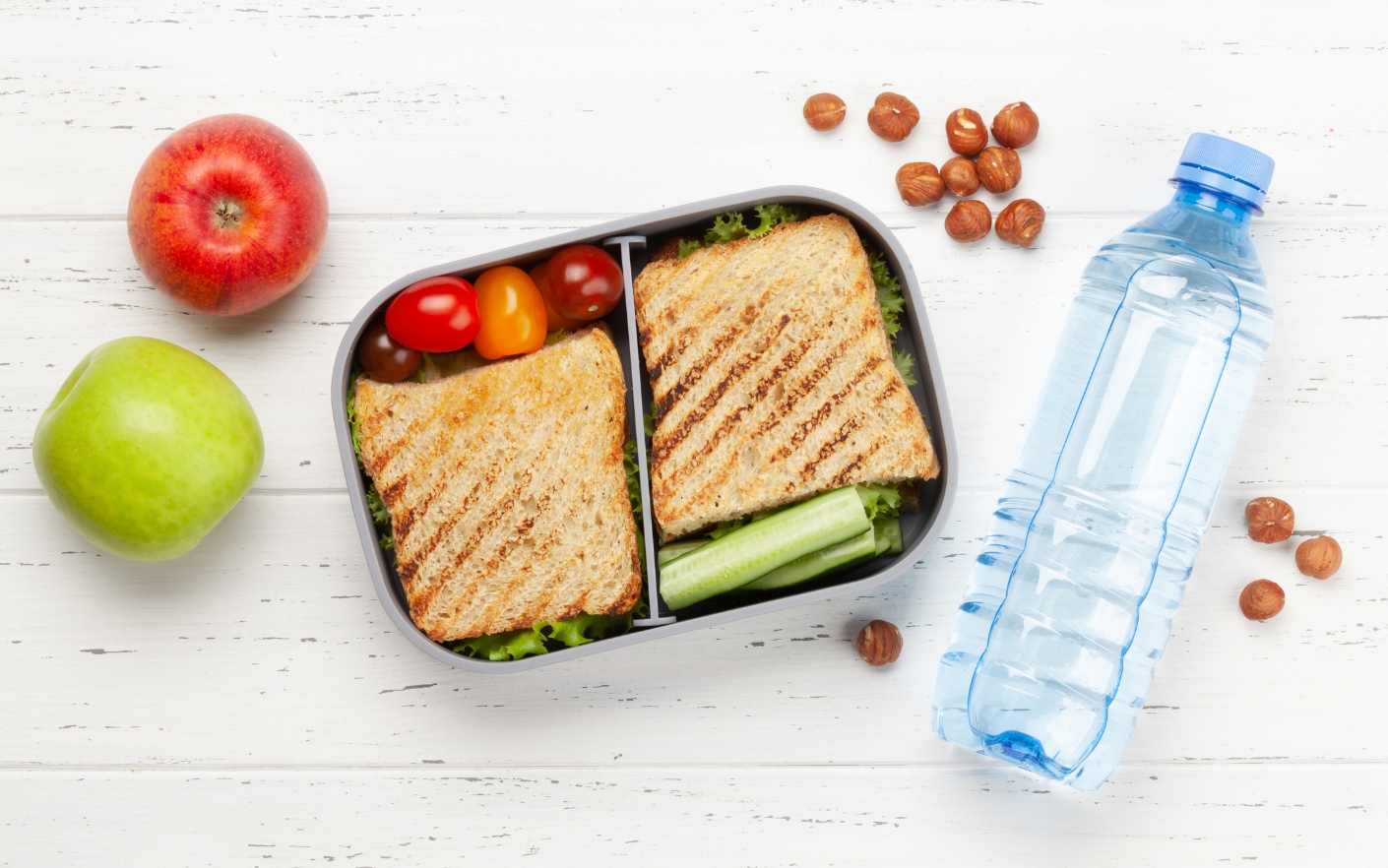How much water do you really need for blood sugar control?

The "8 glasses a day" rule fails when you're managing blood sugar. This guide shows you how to calculate your personal hydration needs based on your weight, medications, age, and activity level - plus the warning signs that tell you when to adjust.
Table of contents
- Why the 8-glass rule doesn't work for blood sugar
- The blood sugar-hydration connection
- Your personal hydration formula
- Signs you're getting it right (or wrong)
- [PREMIUM] Advanced calculators for medications and age
- [PREMIUM] Climate and exercise adjustments
- [PREMIUM] When to worry and troubleshooting tips
Why the 8-glass rule doesn't work for blood sugar
You've heard "8 glasses a day" forever. But when you're managing blood sugar, that generic advice can actually work against you.
When you're mildly dehydrated, your body fights back. Blood becomes concentrated, making insulin less effective. Your liver releases emergency glucose stores. Kidneys work overtime to filter excess sugar. Stress hormones rise, spiking blood sugar further.
But drinking too much water isn't the answer either. Overdoing it dilutes essential electrolytes and can interfere with glucose metabolism.
The sweet spot? A personalized amount based on your actual needs.
The blood sugar-hydration connection
When you're mildly dehydrated, your body goes into crisis mode:
- Blood becomes concentrated, making insulin less effective
- Liver releases emergency glucose stores
- Kidneys work overtime to filter excess sugar
- Stress hormones rise, spiking blood sugar further
Proper hydration does the opposite - it helps transport glucose efficiently, supports kidney function, and keeps stress hormones balanced.
Your personal hydration formula
Start here: Your body weight in pounds ÷ 2 = minimum daily ounces
Examples:
- 140 lbs = 70 oz (about 9 cups)
- 180 lbs = 90 oz (about 11 cups)
- 200 lbs = 100 oz (about 12.5 cups)
Morning boost: Drink 16-20 oz when you wake up, regardless of your size. You've gone 7-8 hours without fluids.
Signs you're getting it right (or wrong)
You're properly hydrated when:
- Urine is pale yellow (like lemonade)
- Energy stays stable all day
- Blood sugar readings are more predictable
- You feel mildly thirsty but not parched
You need more water if:
- Urine is dark yellow or smells strong
- You're tired despite good sleep
- Blood sugar spikes more than usual
- Dry mouth or frequent thirst
You might be overdoing it if:
- Urine is completely clear
- You're in the bathroom every hour
- You feel waterlogged or nauseous
Become a member to access
✓ Medication-specific adjustments
How diabetes, blood pressure, and other meds change your needs
✓ Age-based modifications
Why hydration needs increase after 50 and exactly how much to add
✓ Climate and exercise calculators
Precise adjustments for heat, altitude, and activity level
✓ Troubleshooting guide
Solutions for "I forget to drink," taste issues, and bathroom concerns
✓ Warning signs checklist
When to increase, decrease, or call your doctor




